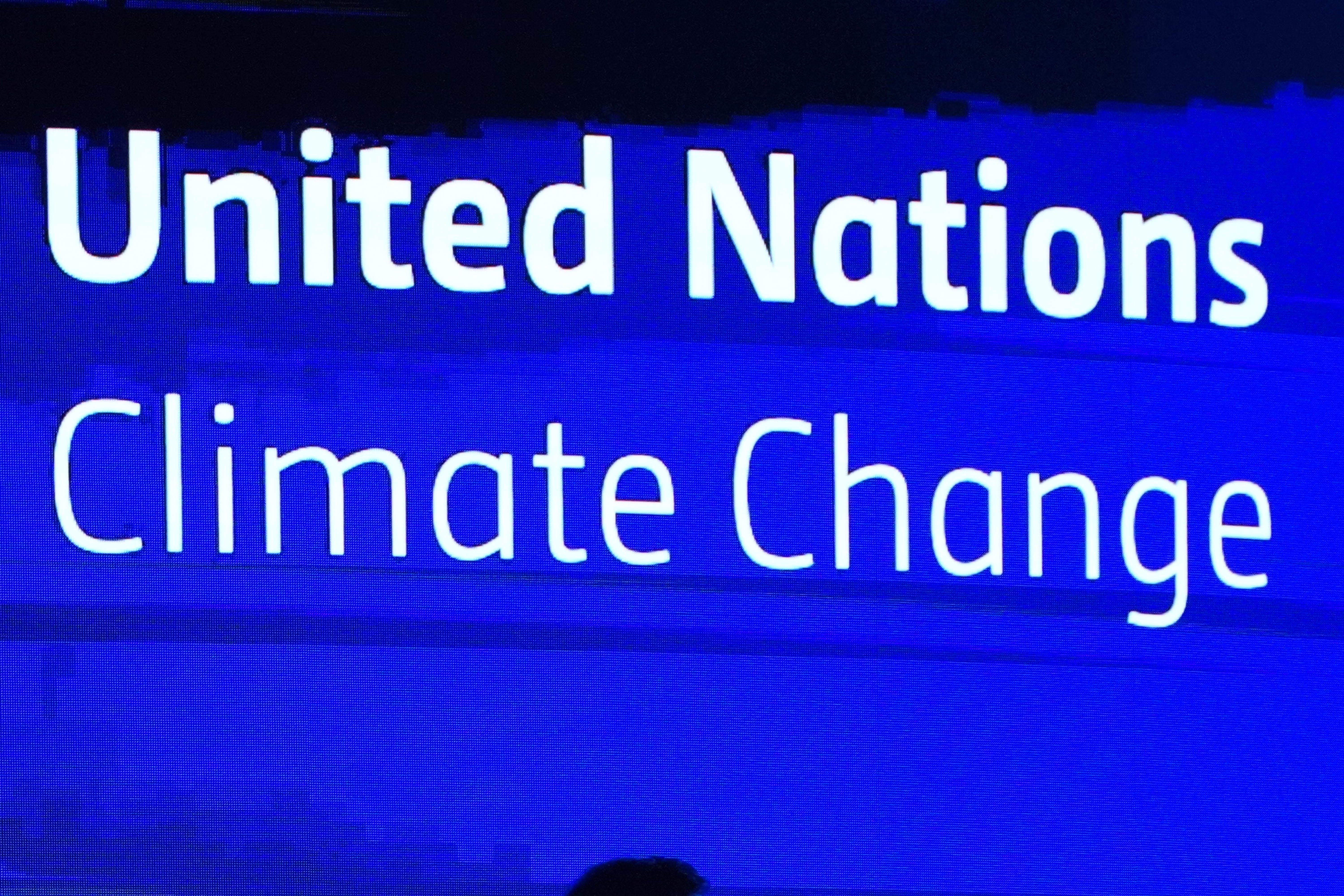Tax wealthy and fossil fuel companies to pay for climate justice, urges charity
Christian Aid said the UK should contribute around 3.5 per cent of the Loss and Damage Fund agreed by the UN to pay for the cost of climate chaos.

The UK can pay its fair share of support to developing countries vulnerable to climate change by taxing millionaires and fossil fuel producers, a charity has suggested.
A Loss and Damage Fund was agreed at the United Nations (UN) climate change conference Cop27 in November last year, whereby rich countries would give money to poorer ones to cover the costs of climate disasters like forest fires, floods, droughts, and rising sea levels.
It followed at least 30 years of pressure from the developing world and is meant to address the imbalance between high and low-emitting countries.
Some of those least responsible for climate change are the most vulnerable; for example, Pakistan has seen more than $30bn (£23.8bn) of flood damage despite emitting only 1 per cent of global greenhouse gases, the UN said.
Climate change is the biggest issue of global injustice facing the world today. Some of the people that have done the least to cause it are experiencing the most terrible consequences
Although agreed in principle, key details such as who exactly will pay and how much, as well as what specifically the fund will cover, are yet to be worked out.
A previous commitment to raise $100bn (£79.3bn) by 2020 for climate adaptation and mitigation fell short.
Christian Aid said the UK should contribute 3.5 per cent of the Loss and Damage Fund and raise the money through taxation.
The charity calculated the contribution figure after the $100bn climate finance commitment and it is based on the UK’s historic emissions and relative wealth.
It said recent estimates of the cost of loss and damage to developing countries is between $290bn (£229.9bn) and $580bn (£459.8bn) a year by 2030.
Therefore, the UK should contribute $15bn (£11.9bn) – worked out by applying 3.5 per cent to the lower and higher current cost estimates and then landing in the middle – the charity said.
Lives and livelihoods are being destroyed in some of the poorest countries on Earth because of lethal droughts, severe floods and devastating storms
In a new report, titled The Loss And Damage Fund: Where Does The Money Come From?, Christian Aid said the money could be raised by introducing a national wealth tax of 0.5 per cent on income above £1m, which would raise around £15bn.
The government could also adopt a “polluter producers’ tax” and raise the tax on fossil fuel companies’ excess profits to 95 per cent, which, according to Tax Justice UK, would raise around £13bn.
A third option is to combine smaller taxes such as the International Air Passenger Levy, the Emissions Trading Scheme, an expanded Financial Transactions Tax and the existing Energy Profits Levy, which together would meet the commitment, Christian Aid said.
Costs of loss and damage are likely to rise as the climate destabilises and its effects become more frequent and severe, meaning contributions from developed countries will have to increase over the decades to keep pace.
Christian Aid’s climate justice policy adviser, Nushrat Chowdhury, said: “I’ve seen first-hand the damage caused by the climate crisis.
“Lives and livelihoods are being destroyed in some of the poorest countries on Earth because of lethal droughts, severe floods and devastating storms.
“Climate change is the biggest issue of global injustice facing the world today. Some of the people that have done the least to cause it are experiencing the most terrible consequences.
“How we address that injustice fairly is at the heart of international climate negotiations.”
Subscribe to Independent Premium to bookmark this article
Want to bookmark your favourite articles and stories to read or reference later? Start your Independent Premium subscription today.
